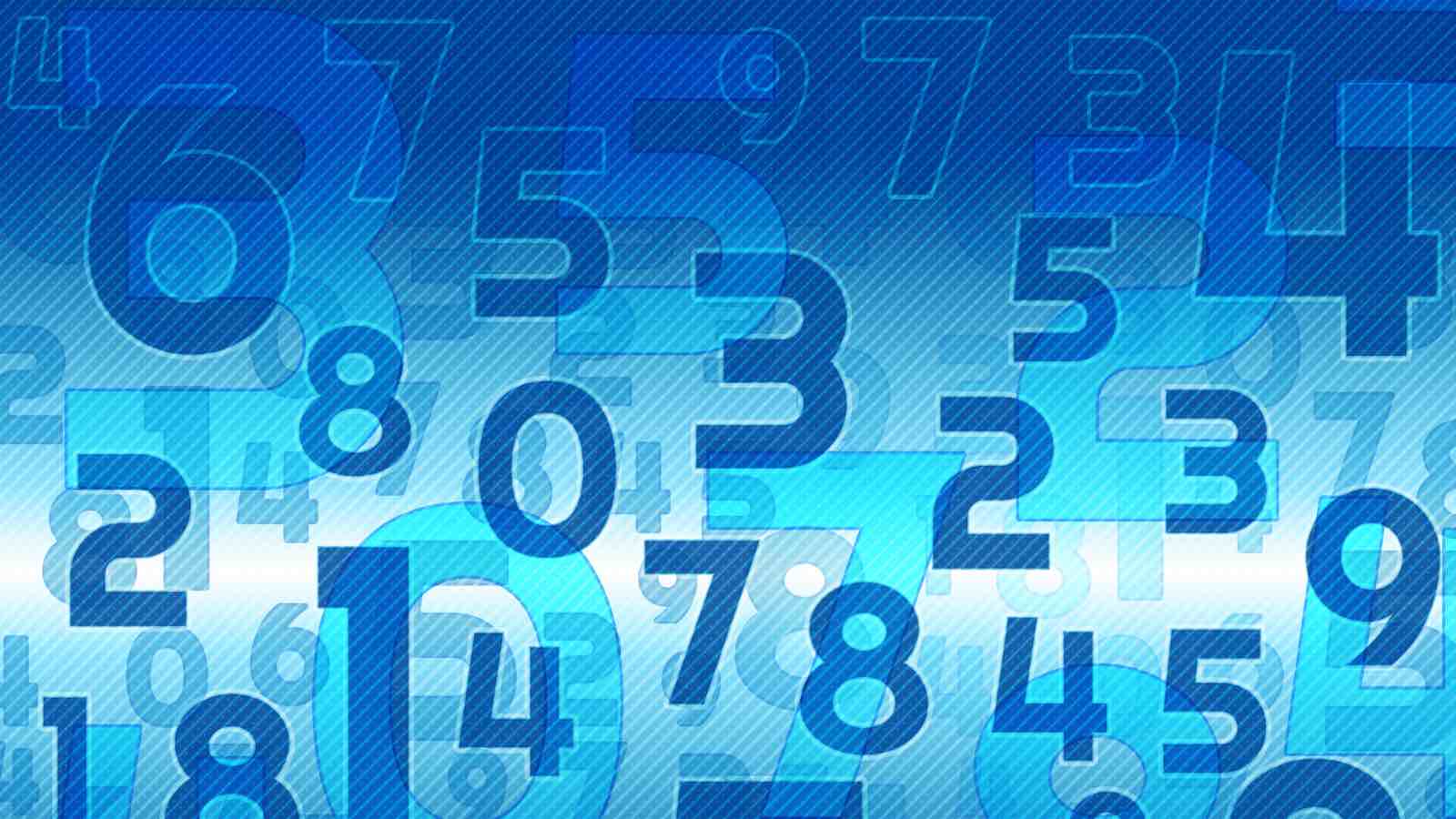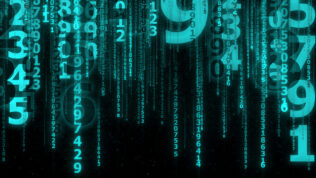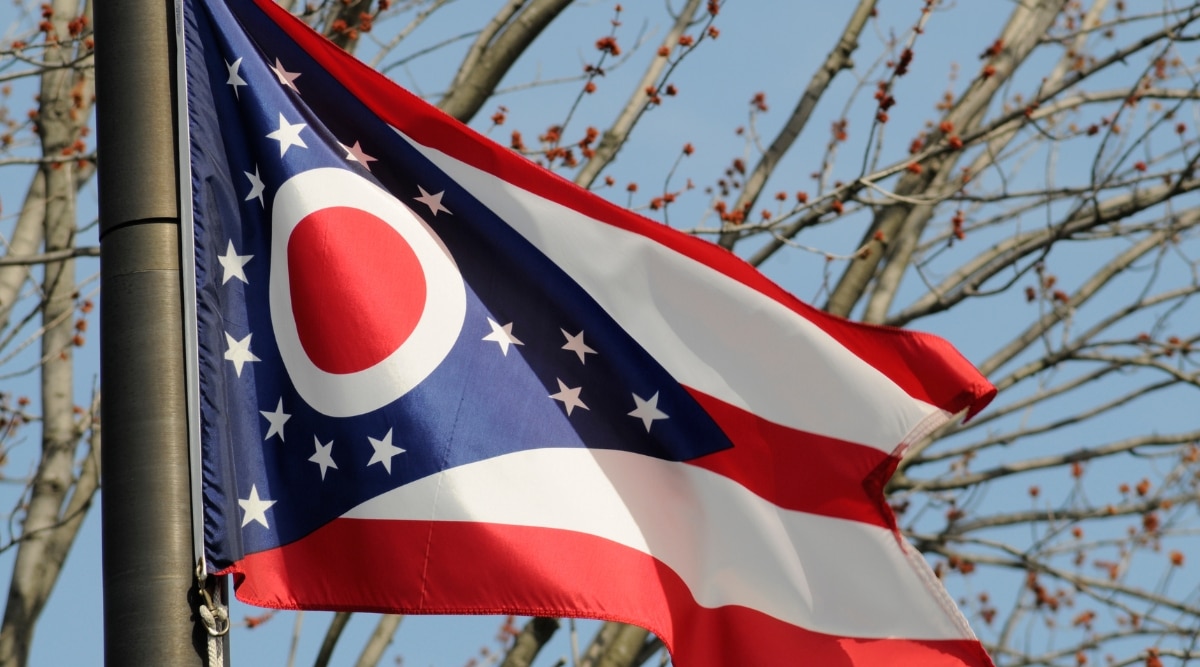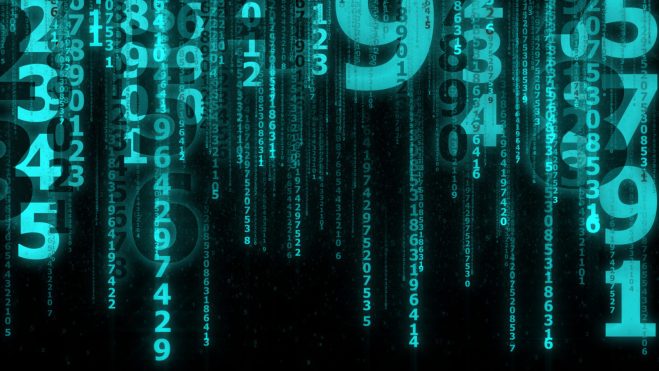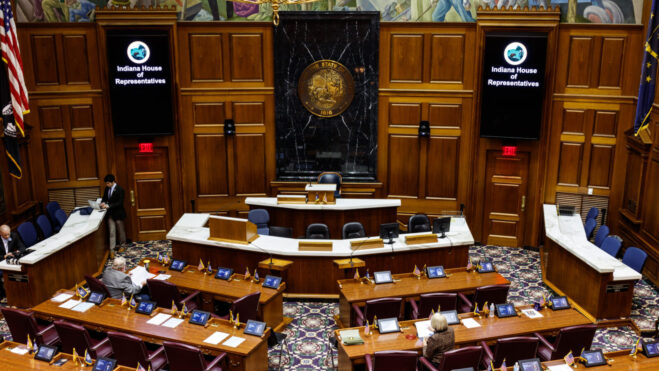Cartoon Cats Take Over Oregon Lottery Digital Billboards Following Hack
Gone were displays of Powerball jackpots, replaced by unauthorized artwork
2 min

Oregon’s routine billboard displays that should have been showing the latest Powerball jackpot were interrupted by an unusual digital art exhibit this week. Between Monday and Wednesday, seven LED screens supporting the Oregon Lottery were commandeered to display an animated image of cats in a close embrace. This occurrence was first reported by local media outlet KOIN-6 and later confirmed by Melanie Mesaros, a spokesperson for the Oregon Lottery.
The affected billboards, located in Coos Bay, Albany, and Portland, are owned by Meadow Outdoor Advertising but are operated by the Oregon Lottery. The artwork, which was not part of any scheduled programming, caught the attention of passersby and quickly became a topic of online discussions. Despite initial concerns, it was clarified that neither Meadow Outdoor Advertising nor the Oregon Lottery had any involvement in the display of the furry animation.
The source of the incident was traced back to Daktronics, the third-party vendor responsible for operating the LED screens. Upon discovery of the unscheduled display, the Oregon Lottery promptly reached out to Daktronics, and by Wednesday evening, normal service on the billboards was restored.
Kitties crawl on other billboards
This event does not seem to be an isolated case. Similar artwork has been found online, attributed to the furry artist known as @SH_4RK. KOIN-6 said it tried reach the artist via Instagram but was unsuccessful, and the artist has not publicly commented on the matter.
However, interactions on social media suggest that similar takeovers have occurred simultaneously across the country. The anonymous artist allegedly has no involvement in the hacks.
The implications of this digital intrusion are far-reaching, raising questions about the security of digital advertising platforms and the measures in place to prevent unauthorized access. Betsy Hege, the manager of Meadow Outdoor Advertising, has indicated that discussions with the Oregon Lottery and Daktronics are planned to address these concerns and to prevent future occurrences.
The Oregon Lottery and its partners are now faced with the task of reinforcing their digital defenses, ensuring that their promotional content remains secure.
Billboard hacking isn’t new
Billboard hacking has a history that dates back to the commercialization of public spaces. It has been used for various reasons, including activism, culture jamming, and even political propaganda. The practice gained popularity with the advent of paint markers and spray paint.
Notably, during the May 1968 protests in Paris, protesters altered billboards to convey their messages. In the U.S., the Billboard Liberation Front emerged as a collective that modified billboards to change their meaning, often to make a statement against consumerism.
The digital age has introduced new methods for billboard takeovers, with hackers now able to change the displayed content remotely, as seen in the incident involving the Oregon Lottery billboards.
Lotteries make good targets for cybercriminals
While this billboard attack may have been fairly innocuous and innocent, lotteries are often targets for cybercriminals. This has led to several hacking attempts that compromise both the integrity of the games and the security of the players’ personal information.
One notable incident occurred with the Ohio Lottery, where a ransomware gang known as DragonForce claimed responsibility for an attack that compromised the lottery’s digital databases. The hackers allegedly exfiltrated over 600 GB of data, which included sensitive personal information of individuals associated with the Ohio Lottery.
Another significant breach was reported when thousands of online accounts of the UK National Lottery were hacked several years ago. Camelot, the operator at the time, discovered “suspicious activity” during its security monitoring, which led to the revelation that approximately 26,500 players’ accounts were accessed. Although the number of accounts where activity took place post-hack was less than 50, the breach raised concerns about the security protocols in place.
Cyberattacks on lottery websites are not just limited to the theft of personal information. They can also disrupt the operations of lottery services, as seen at the turn of the year when several lottery websites were targeted by cyberattacks. Some services were temporarily suspended, and there was a potential leak of personal data, although the specifics of the data compromised were not immediately known.

